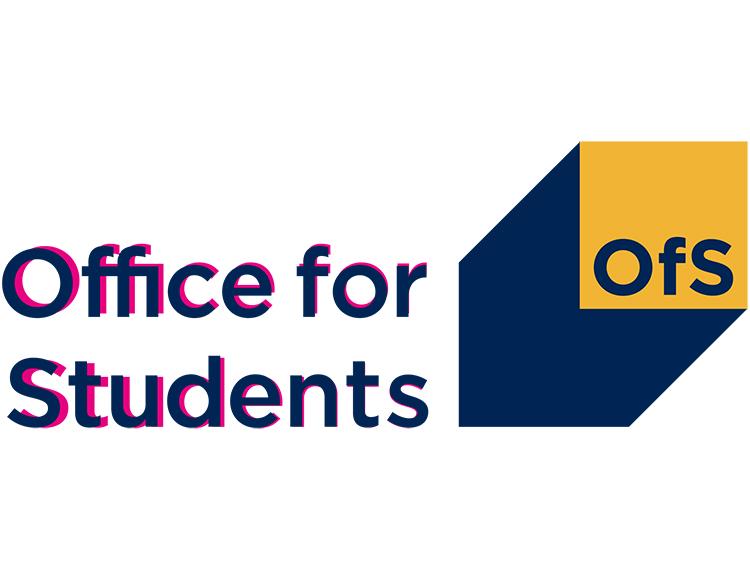Universities receive £480,000 to tackle religion-based hate crime and harassment

Operating as a collaborative network across England, the new projects will:
- establish and strengthen reporting mechanisms and support new infrastructure and facilities
- facilitate strong mechanisms and support for safeguarding, both on- and off-campus (including online), working with partner agencies such as the police and third sector hate crime reporting centres
- build and sustain religious literacy among students and staff, including challenging misconceptions
- support the development of effective role models for students of a particular religion or belief
- develop and sustain positive campus relations between different groups
- build greater community cohesion on campus, including safe and respectful approaches to freedom of speech and on-campus debate
- develop responses to politically motivated hate crime which targets students of a particular religion or belief.
The projects have been developed with students, who will play an important part in their delivery. They cover a wide range of activity including training, raising awareness, digital innovation, and new approaches to prevention and reporting which are specific to tackling religion-based hate crime.
The need for universities to respond more effectively to issues of student safeguarding was highlighted in a 2016 report by the Universities UK Taskforce to examine violence against women, harassment and hate crime.
These projects make up the third phase of the scheme, which in 2017 invested £2.45 million to address sexual harassment on campus and £1.8 million to tackle hate crime and online harassment.
This third phase specifically addresses religion-based hate crime affecting students, and provides funding to 11 different universities which will now form a national collaborative network, to be managed by the OfS.
Universities Minister Sam Gyimah said:
‘Our universities should be free of any form of hatred or discrimination – students have the right to feel safe and valued – so I’m delighted that this funding will be used to help tackle religion-based hate crime and harassment.
‘The OfS was set up to champion students and it’s right that they are working closely with, and funding, universities to tackle important issues they face. I am taking a keen interest in the progress of this work.’
The OfS Chief Executive, Nicola Dandridge, said:
‘All students should feel safe and supported during their time in higher education so that they can continue with their learning and realise their potential. Universities are making progress in tackling the issues of hate crime and harassment on campus, but there is much more to be done.
‘With student safeguarding and wellbeing a priority for the OfS, we are delighted to fund this network of new projects to tackle these issues. We will make sure that good practice and successful outcomes over the coming months are shared widely so that students across the country can benefit from this important initiative.’
Notes
1. The 2016 ‘Changing the Culture’ report by the Universities UK Harassment Task Force explored the nature and scale of student safeguarding issues in higher education, and highlighted a need for institutions to respond more effectively. In March 2018 Universities UK published an update, ‘Changing the Culture: One Year On’, which found that progress is being made but that more needs to be done.
2. The Higher Education Funding Council for England (HEFCE) developed a student safeguarding scheme under its Catalyst Fund to support the sector in making improvements. The first phase of investment was launched in March 2017, with 63 projects sharing £2.45 million to address sexual harassment on campus. The second phase, to tackle hate crime and online harassment, was launched in October 2017 and awarded £1.8 million across 45 projects. See which universities and colleges received funding for safeguarding projects in these phases.
3. The Office for Students was established as the new regulator for higher education in January 2018 and began operations in April 2018, taking over many functions from HEFCE. The Department for Education’s letter, Strategic Guidance to the OfS – Priorities for Financial Year 2018-19, asked the OfS to continue to help the sector implement the report’s recommendations.
4. This third phase of the funding programme specifically addresses religion-based hate crime affecting students. The invitation to submit proposals was issued in February 2018.
Total funding in this phase is £484,534. See a list of the funded projects.











Responses